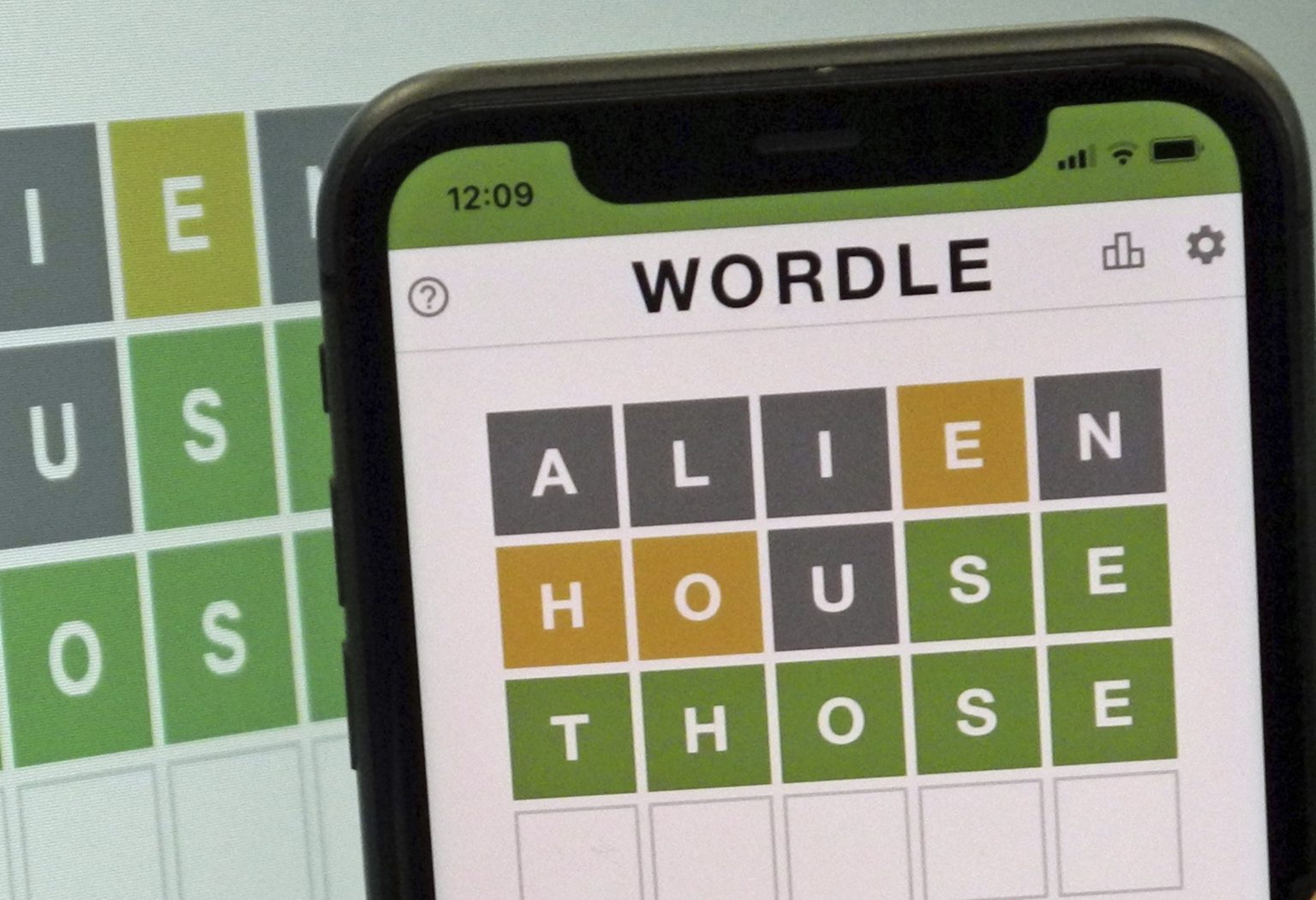Wordle, the immensely popular word-guessing game, has captivated millions of players worldwide with its simple yet engaging gameplay. Created by Josh Wardle, the game’s meteoric rise from a modest 91 players in November 2021 to over two million just two months later is a testament to its addictive nature. This surge in popularity culminated in The New York Times acquiring Wordle for a seven-figure sum, solidifying its place in the pantheon of online puzzles. The game’s premise is deceptively straightforward: players have six attempts to guess a five-letter word, receiving color-coded feedback after each guess. Green tiles indicate a correct letter in the correct position, yellow indicates a correct letter in the wrong position, and gray indicates a letter not present in the word. This feedback system allows players to strategically refine their guesses and deduce the hidden word. Wardle deliberately chose five-letter words and six attempts to strike a balance between challenge and solvability, creating a rewarding sense of accomplishment for those who successfully crack the code.
The strategic selection of the starting word is paramount in Wordle. Experts in applied linguistics, like Erhan Aslan of the University of Reading, emphasize the importance of incorporating commonly used vowels (e.g., e and a) and consonants (e.g., r and t) into the initial guess. This approach maximizes the information gleaned from the color-coded feedback, allowing players to quickly narrow down the possibilities. Conversely, starting with less common letters like q, z, j, or x is generally discouraged, as it provides less insightful feedback early on. The key is to choose a word that provides the most information, allowing for efficient elimination of incorrect letters and strategic placement of likely candidates. Aslan further highlights the role of phonics in Wordle strategy. By considering sound sequences and letter combinations, players can further refine their guesses and eliminate potential words based on phonetic patterns.
The clues provided for the Sunday, January 5th Wordle puzzle revolve around the theme of internet crime. The hints suggest a word associated with Doctor Who villains, a term related to online offenses, and synonyms such as “electronic” and “virtual.” These clues point towards the digital realm and malicious activities conducted online. Additional hints reveal that the word begins and ends with a consonant and contains only one vowel. With each clue, the possibilities narrow, guiding players towards the solution. The combination of thematic hints and structural information (consonants, vowels) allows players to systematically deduce the target word. The suspense builds with each revealed clue, culminating in the final answer.
The answer to the Sunday, January 5th Wordle puzzle is “cyber.” This five-letter word fits all the provided clues: it relates to internet crime (“cybercrime”), evokes the futuristic and electronic themes often associated with Doctor Who villains, and aligns with synonyms like “electronic” and “virtual.” The word also adheres to the structural hints, starting and ending with consonants (c and r) and containing only one vowel (e). For those who successfully deciphered the clues and arrived at the solution, a sense of satisfaction and accomplishment follows. The challenge of the puzzle, combined with the gradual unveiling of hints, makes the eventual discovery of the correct word all the more rewarding.
Wordle’s appeal lies in its blend of simplicity and strategic depth. The game’s mechanics are easy to grasp, yet mastering it requires a combination of vocabulary knowledge, logical deduction, and a touch of luck. The daily reset feature ensures a fresh challenge each day, fostering a sense of community among players as they share their triumphs and commiserate over near misses. The game’s viral spread through social media platforms has created a global network of Wordle enthusiasts, united by their daily quest to conquer the five-letter puzzle. The limited number of guesses adds a layer of pressure, encouraging players to think carefully and strategize effectively.
Beyond its entertainment value, Wordle also offers cognitive benefits. The game exercises vocabulary and spelling skills, while also promoting logical thinking and problem-solving abilities. The process of eliminating incorrect letters and strategically placing potential candidates requires analytical thinking and pattern recognition. Furthermore, the daily challenge can boost cognitive flexibility and mental agility. Wordle has become more than just a game; it’s a daily ritual for many, a shared experience that connects people through the simple joy of wordplay and the satisfaction of a puzzle well-solved. The game’s accessibility and universal appeal have contributed to its widespread adoption, making it a cultural phenomenon that continues to captivate players of all ages and backgrounds.


